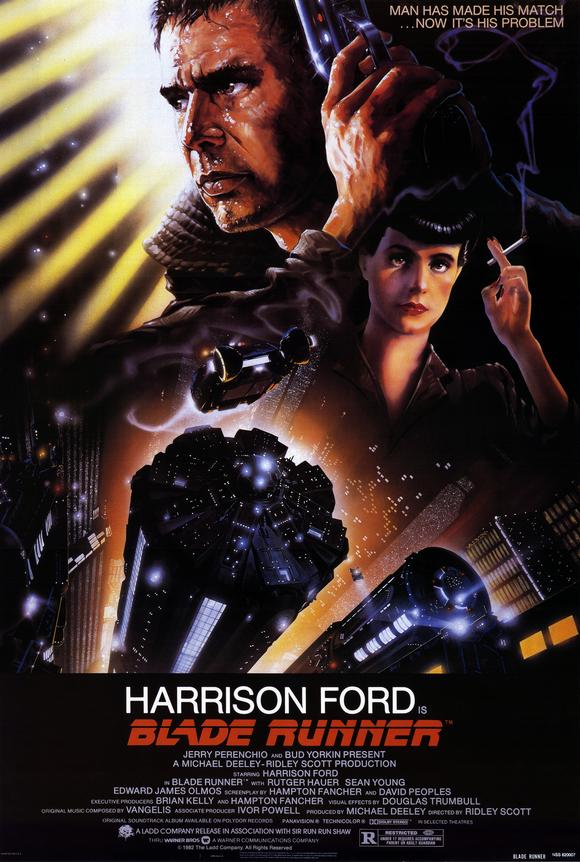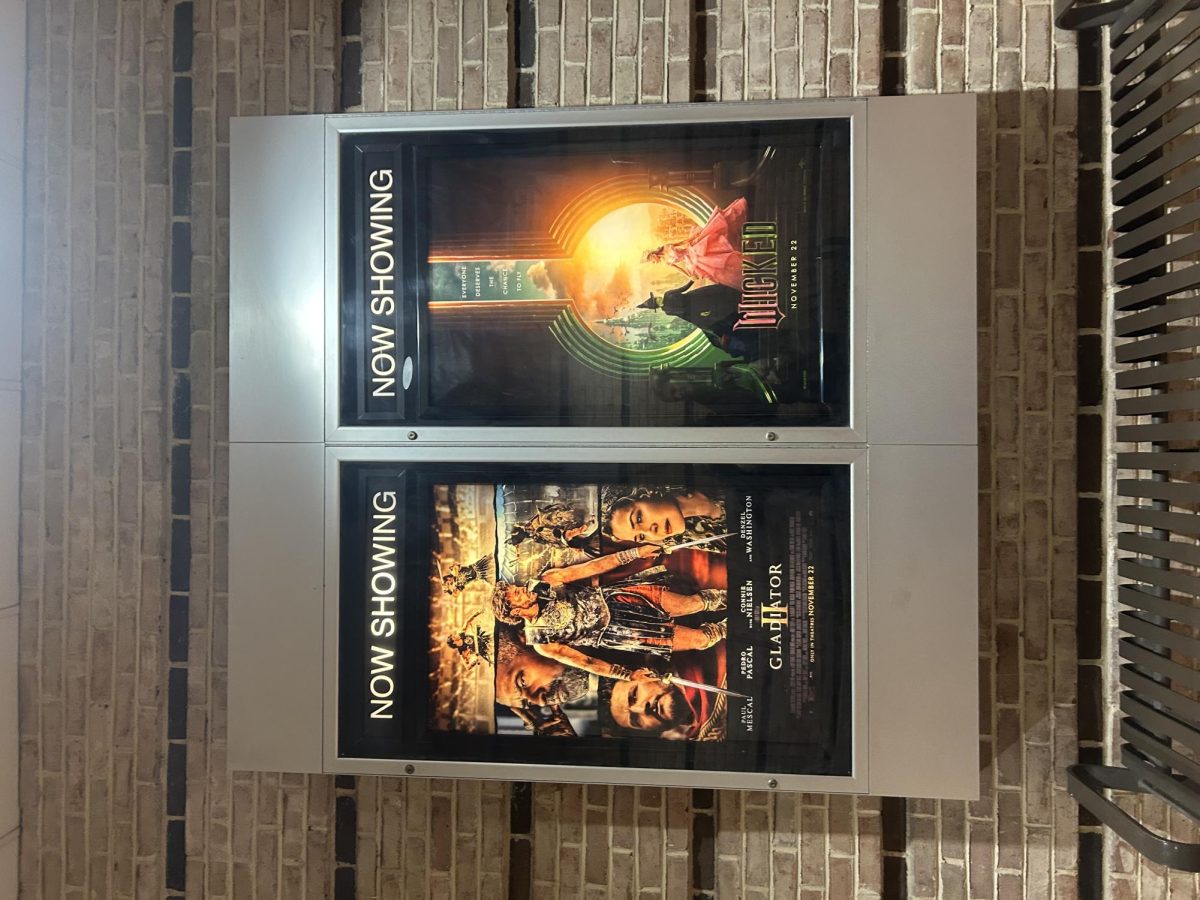By: Tyler Garling
Ridley Scott is, and always will be, one of the most influential sci-fi movie directors of all time. In 1979, he told the world that, “in space no one can hear you scream” with his sci-fi horror classic Alien.Though Alien was just Scott testing the water in the sci-fi pool; he dived into it for Blade Runner.
Blade Runner was released in 1982, and was loosely based off of Philip K. Dick’s novel Do Androids Dream of Electric Sheep?. The film takes place during 2019 in a dystopian Los Angeles where the Tyrell Corporation manufactures genetically engineered robots called “replicants.” These replicants are indistinguishable from humans. However, they are banned from Earth and only used for dangerous jobs performed out in space.. When a replicant ignores the ban and comes back to Earth, they are hunted down by Blade Runners, a group of “retired” police special ops.
Rick Deckard, played by Harrison Ford, is one of these Blade Runners. Deckard is called upon to hunt and retire the Nexus 6 models of replicants, which are essentially the pinnacle of genetic engineering. In other words, Deckard must hunt down the most brutal and ferocious replicants and kill them. Not the easiest task for a burnt out Blade Runner. The story is pretty straightforward, but it is perfectly executed by Scott.
Blade Runner is a perfect example of the neo-noir genre. Neo-noir films includes the themes of noir films, which are defined by Merriam-Webster as “a type of crime film featuring cynical malevolent characters in a sleazy setting and an ominous atmosphere that is conveyed by shadowy photography and foreboding background music,” melded together with more modern themes, style, and visuals. Neo-noir is just a more modern version of film noir.
Blade Runner examines the concept of humanity. Should we consider these genetically perfect robots humans? If they have all of our qualities and think and act the same way we do, why must they be killed? Though there are plenty of other themes in this movie, this one in particular stands out as the most interesting. For you, however, it may be something entirely different, which is one of the great things about Blade Runner.
Another aspect of Blade Runner that I love is the music. Vangelis, the writer of the theme to Chariots of Fire, blends classical composition and synthesizers perfectly. I don’t usually love techno and synth, but the music helps Blade Runner create that perfect futuristic atmosphere. Whenever that tenor sax starts playing during the movie’s “Love Theme,” I can only sit back in appreciation.
Blade Runner is the perfect sci-fi movie. SO it makes sense that it’s easily one of the most influential films of all time. You can see its influence in media is present in video games such as Deus Ex and a number of popular sci-fi movies and television shows, such as Battlestar Galactica and Ghost in the Shell. If you love sci-fi, and want to experience the pinnacle of the genre, Blade Runner is for you. If you want to get into the sci-fi genre, Blade Runner is a perfect start. If you just hate everything about sci-fi, Blade Runner will easily change your opinion. Blade Runner is definitely a movie you need to see. When you see it, be sure to keep a lookout for origami figures, they might just make you question whether you’re a replicant or not.






